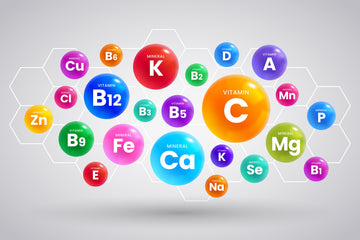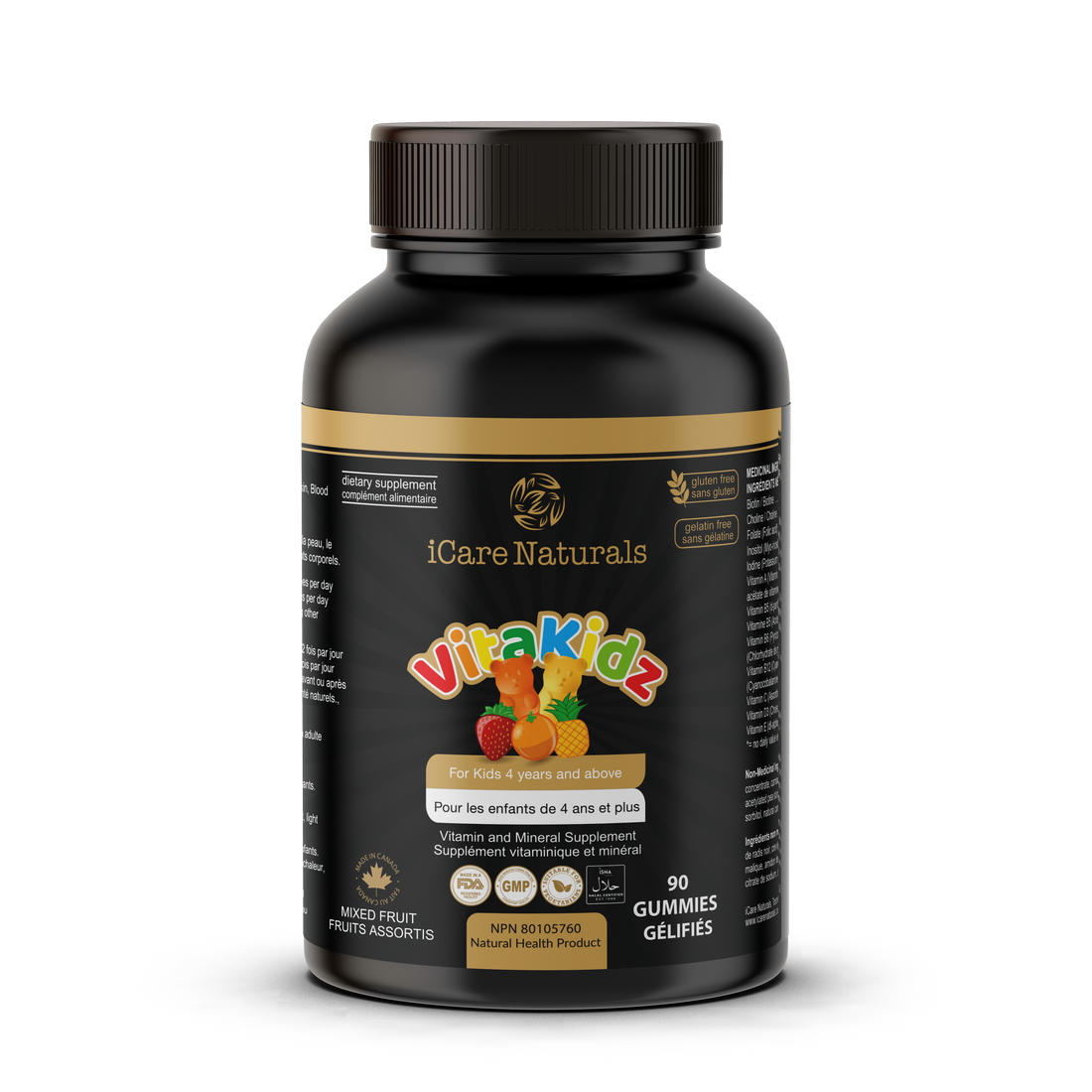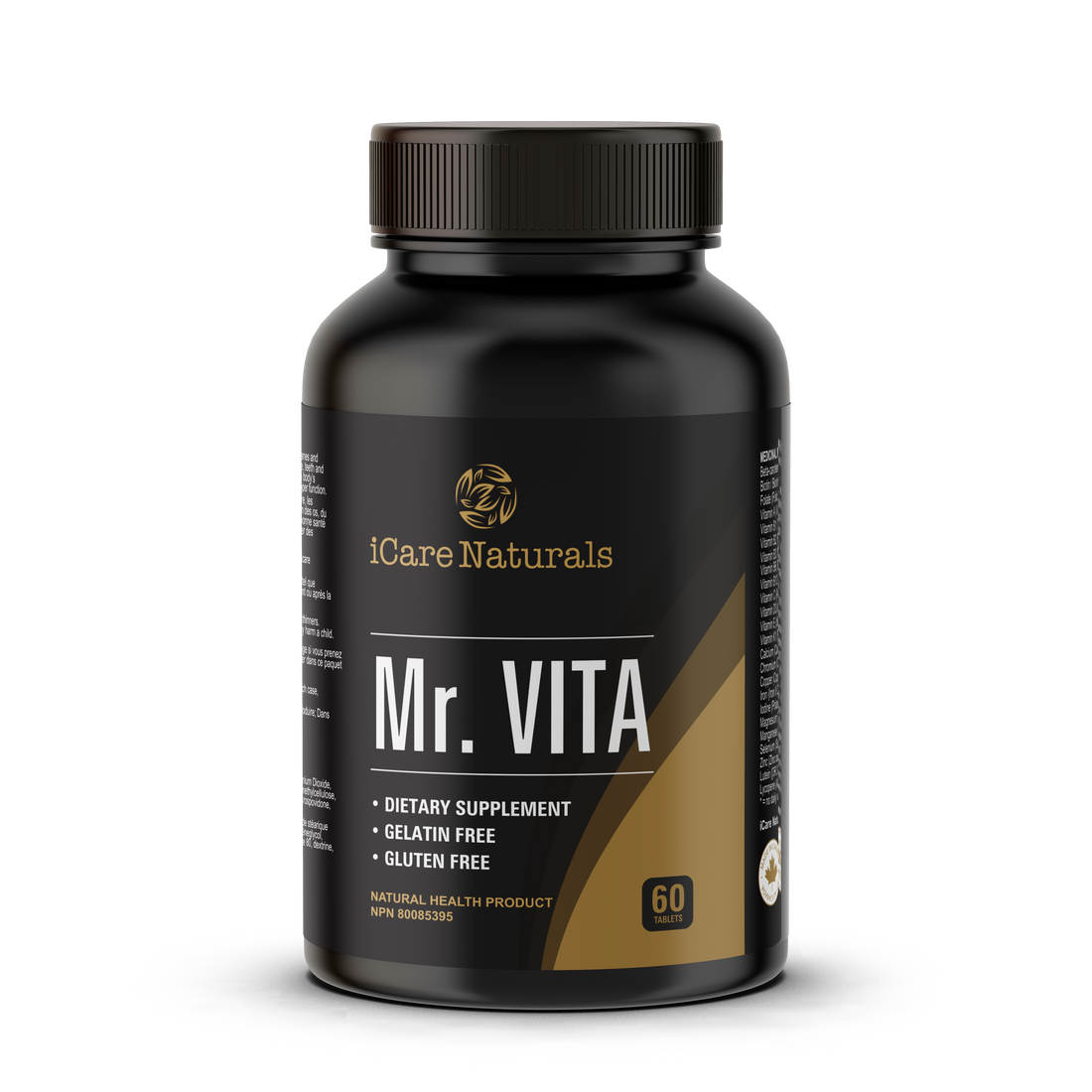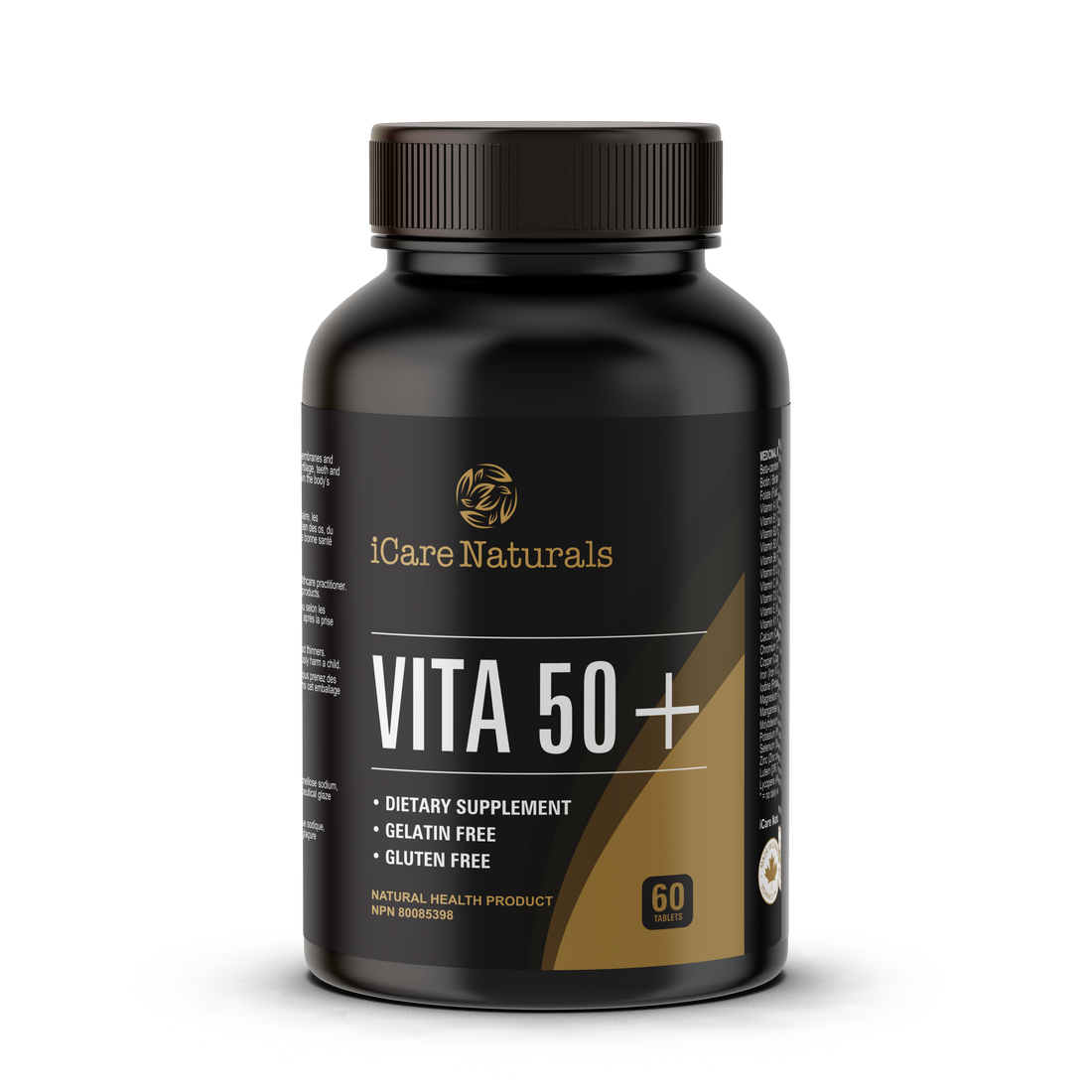The human body is a complex machine that requires a variety of nutrients to function at its best. Vitamins, minerals, and amino acids are three essential nutrients that play a crucial role in maintaining optimal health. In this blog post, we'll explore the functions of these nutrients and how to ensure adequate intake.
Understanding the Role of Vitamins in the Human Body
Vitamins are organic compounds that are essential for many functions in the body. They are classified as either water-soluble or fat-soluble. Water-soluble vitamins (such as vitamin C and B vitamins) are not stored in the body and need to be replenished regularly through diet. Fat-soluble vitamins (such as vitamins A, D, E, and K) are stored in the body and can accumulate to toxic levels if taken in excess.
Vitamins play a crucial role in many bodily functions, including immune function, bone health, and energy production. They also act as antioxidants, protecting cells from damage caused by free radicals.
The Importance of Minerals for Optimal Health
Minerals are inorganic substances that are essential for many bodily functions. They are classified as either macrominerals (such as calcium, magnesium, and potassium) or trace minerals (such as iron, zinc, and copper). Macrominerals are needed in larger amounts, while trace minerals are needed in smaller amounts.
Minerals play a vital role in many bodily functions, including bone health, muscle contraction, and nerve function. They are also involved in energy production and immune function.
Essential Amino Acids and Their Function in the Body
Amino acids are the building blocks of proteins, which are essential for many functions in the body. There are 20 different amino acids, nine of which are classified as essential amino acids. These essential amino acids cannot be produced by the body and must be obtained through the diet.
Amino acids are essential for many bodily functions, including muscle growth and repair, immune function, and hormone production. They are also involved in the production of enzymes and neurotransmitters.
How to Ensure Adequate Vitamin, Mineral, and Amino Acid intake
The best way to ensure adequate intake of vitamins, minerals, and amino acids is to eat a balanced diet that includes a variety of whole foods. Whole foods are foods that are as close to their natural state as possible, such as fruits, vegetables, whole grains, lean protein sources, and healthy fats.
Supplements vs. Whole Foods: Which is the best source?
While supplements can be useful for certain individuals who may have difficulty obtaining enough nutrients through diet alone, whole foods are generally the best source of vitamins, minerals, and amino acids. Whole foods provide a variety of nutrients in their natural forms, which can be more easily absorbed and utilized by the body.
Interactions and Toxicity: What to be aware of
While vitamins, minerals, and amino acids are essential nutrients, it is possible to consume too much of certain nutrients, which can lead to toxicity. It is important to be aware of the recommended daily intake for each nutrient and to avoid consuming excessive amounts through supplements or fortified foods.
It is also important to note that certain nutrients can interact with each other and with medications. For example, taking high doses of vitamin E can interfere with the absorption of vitamin K, which can lead to bleeding disorders.
Unfortunately, many people do not consume a balanced diet and may be at risk of nutrient deficiencies. Common deficiencies include iron, vitamin D, calcium, and vitamin B12, which can lead to a variety of health problems if left untreated.
Symptoms of nutrient deficiencies can vary depending on the nutrient and severity of the deficiency, but may include fatigue, weakness, pale skin, brittle nails, hair loss, digestive problems, and impaired immune function. If you suspect you may have a nutrient deficiency, it is important to consult with a healthcare professional who can help diagnose and treat the deficiency.
In addition to consuming a balanced diet, it is also important to lead a healthy lifestyle that includes regular physical activity, stress management, and adequate sleep. These lifestyle factors can help support optimal nutrient absorption and utilization, and contribute to overall health and well-being.
Conclusion: The importance of a balanced diet
In conclusion, vitamins, minerals, and amino acids are essential nutrients that play a vital role in maintaining optimal health. By consuming a balanced diet that includes a variety of whole foods and leading a healthy lifestyle, individuals can ensure they are meeting their daily nutritional requirements and minimizing the risk of nutrient deficiencies and toxicities. If you have concerns about your nutrient intake, consult with a healthcare professional who can help you develop a personalized nutrition plan.
Vitamins, minerals, and amino acids are essential nutrients that play a crucial role in maintaining optimal health. While supplements can be useful in certain situations, the best way to obtain these nutrients is through a balanced diet that includes a variety of whole foods. By consuming a variety of nutrient-dense foods, individuals can ensure they are meeting their daily nutritional requirements and minimizing the risk of nutrient deficiencies and toxicities.










